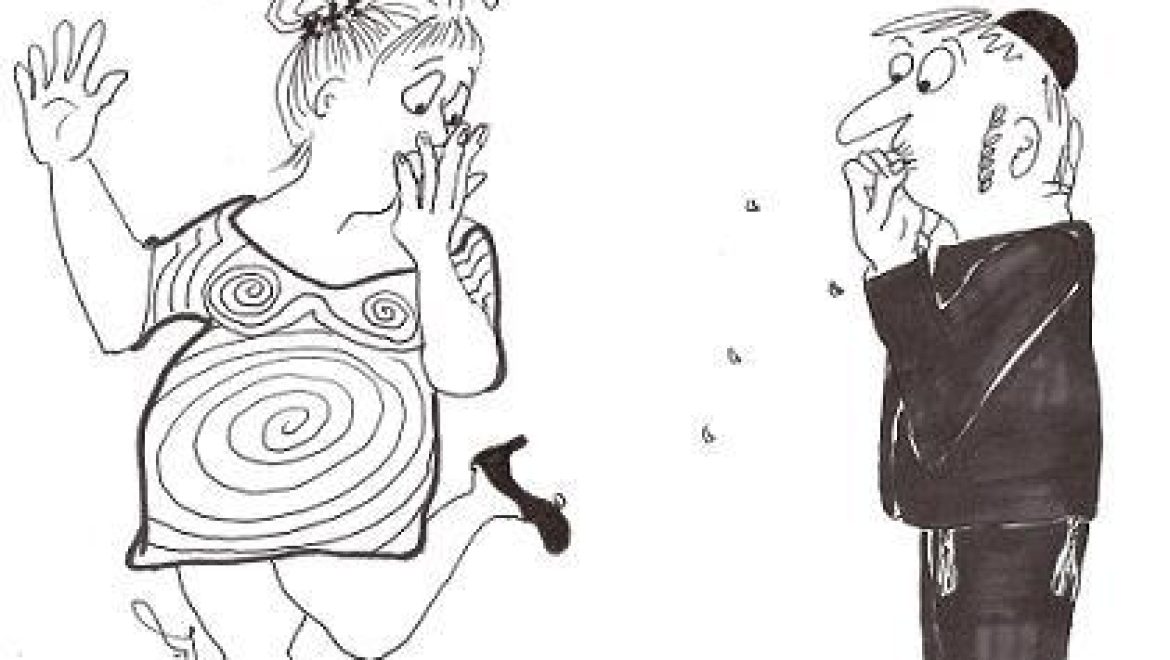
On the intermediary days of the holidays of Sukkot and Pesach (Chol haMoed) one is forbidden to do certain acts of work. For example, one is forbidden to write unless for holiday needs and one is forbidden to launder. The early sages disagreed about whether one is permitted to cut one’s nails on Chol HaMoed or during the seven initial days of mourning. One of the sages, Shmuel, ruled that one may cut one’s nails on Chol HaMoed and during mourning. An incident once happened involving Shmuel’s brother Pinchas, who was in mourning (for his wife or for one of his children). Shmuel came to pay a condolence call and saw that his brother’s nails were very long. He asked his brother: Why don’t you cut your nails? His brother answered: If you were in mourning, you would not dishonor your dead by cutting your nails. Something then happened and Shmuel also lost a household member and had to mourn. Shmuel blamed the tragedy on his brother’s words “If you were in mourning,” that Pinchas’s words had led to the death of a member of Shmuel’s household because of what the sages called “an error which came to the sovereign’s attention.” When Pinchas came to console his brother Shmuel, Shmuel became angry at Pinchas, cut his nails, and threw them before Pinchas. The scholars first thought that Shmuel only permitted cutting one’s fingernails, for showing too-long fingernails is reprehensible, but that one would be forbidden to cut one’s toenails, but in the end one scholar ruled that a person is also permitted to cut his toenails on Chol HaMoed and during mourning. One of the scholars, Rav Chaya son of Ashi, ruled that one is forbidden to use a nail cutter and may only use one’s hands or teeth to cut the nails. One of the scholars saw his rabbi, Yochanan, biting his nails on Chol HaMoed and throwing what he had bitten off onto the floor of the study hall in which they learned. From this act by their teacher the scholars learned three laws: one may bite one’s nails off on Chol HaMoed, that fingernails are not disgusting, and that one may throw fingernails onto the floor. The scholars asked: How could this sage have thrown fingernails on the floor when the early sages said to burn them and bury them and that one who throws them on the floor is evil? The reason that one who throws fingernails on the floor is considered evil is that we suspect a pregnant woman may step on the nails and they will cause her to miscarry. Answer: The sage threw his fingernails in the study hall, where women are not present, so there is no fear a pregnant woman would step on them. The scholars also said that one need not fear that the fingernails will get swept up from the study hall floor and thrown outside where women do pass, for nails thrown on a floor only lead to miscarriage in their original location; if they have been moved from their original location they do not cause miscarriages.
(Babylonian Talmud, Tractate Moed Katan 17b-18a)
